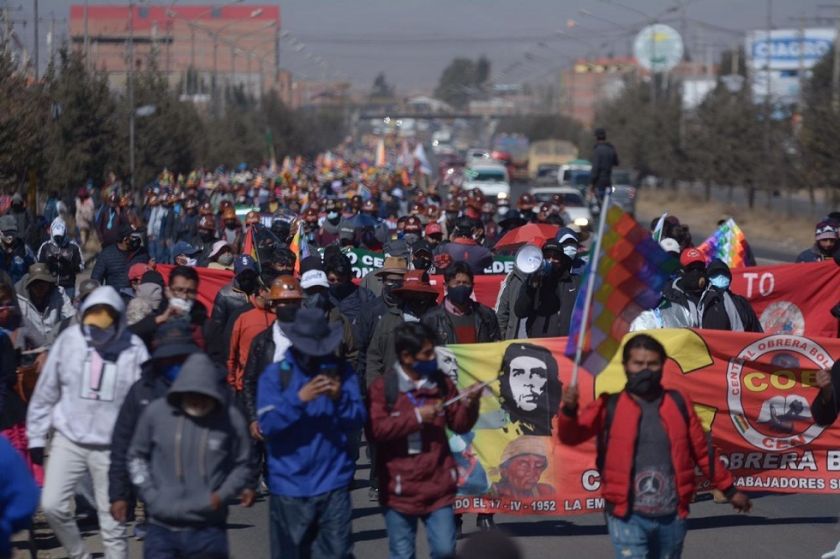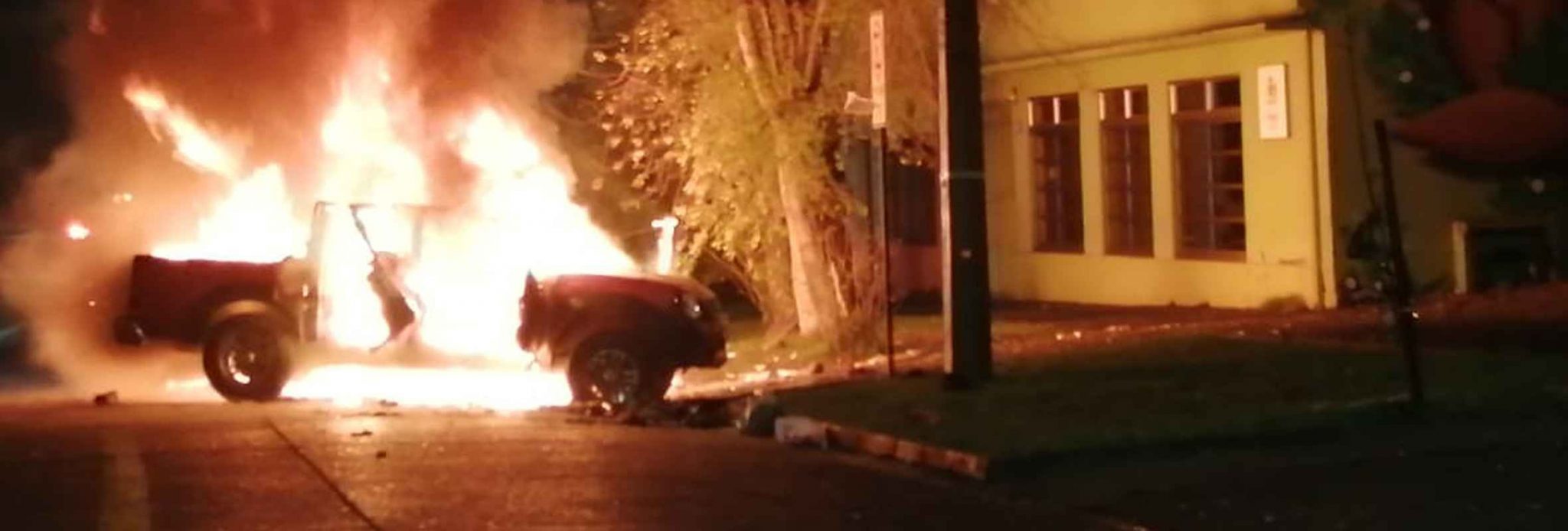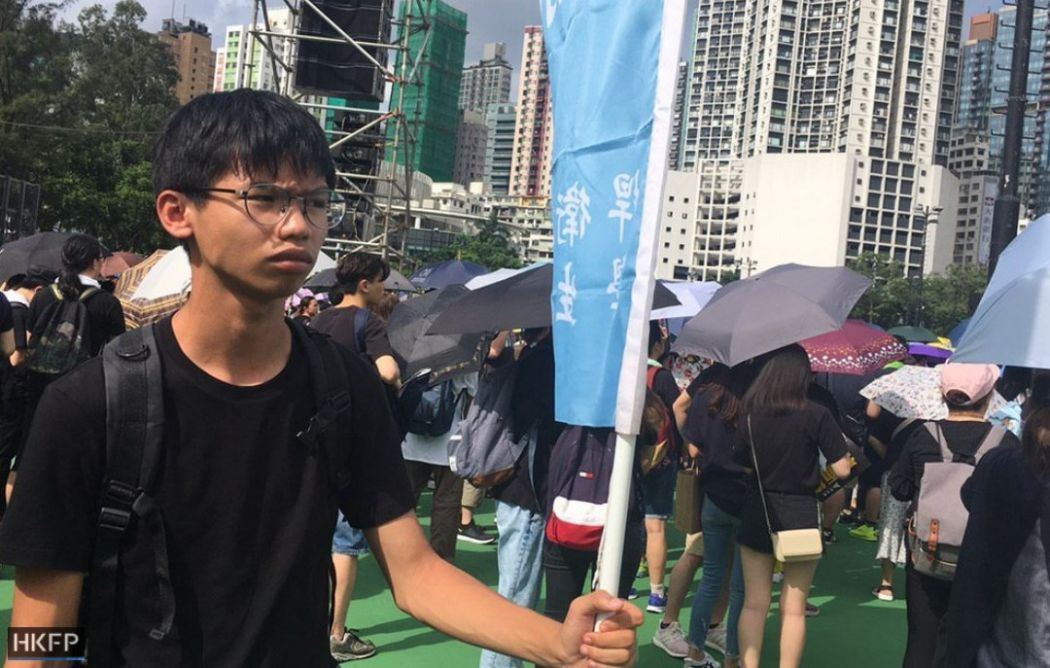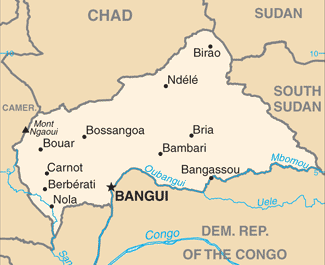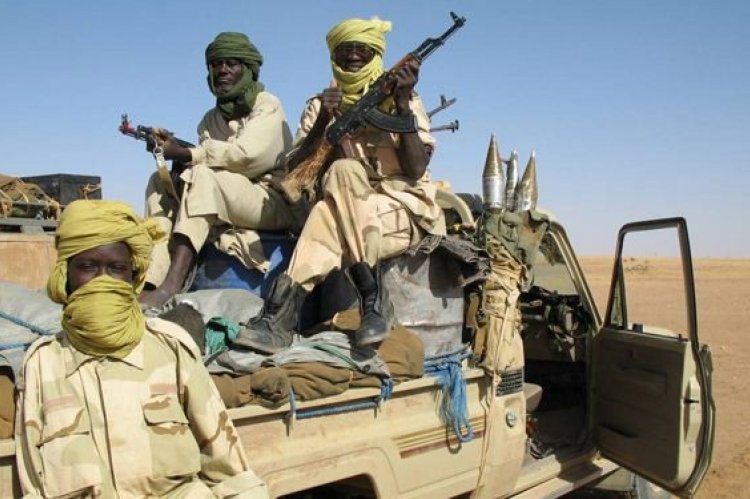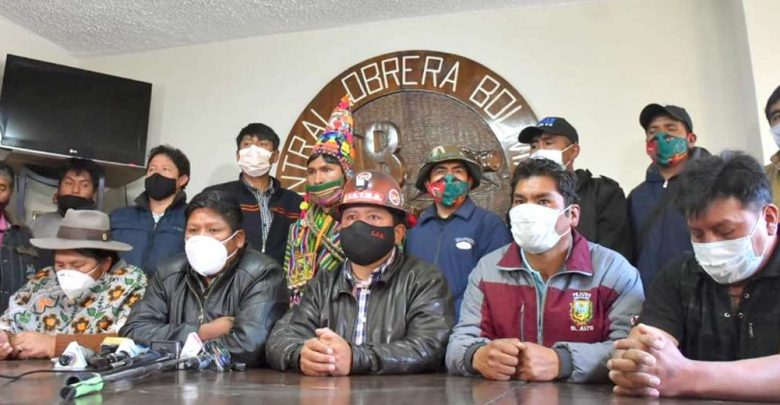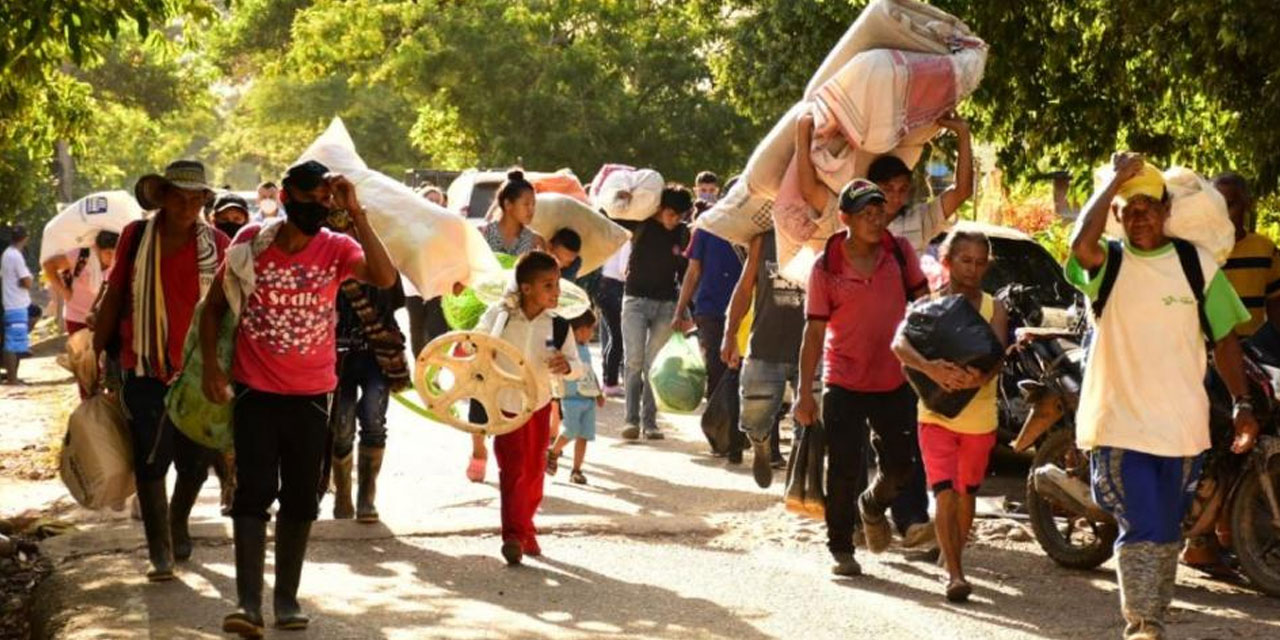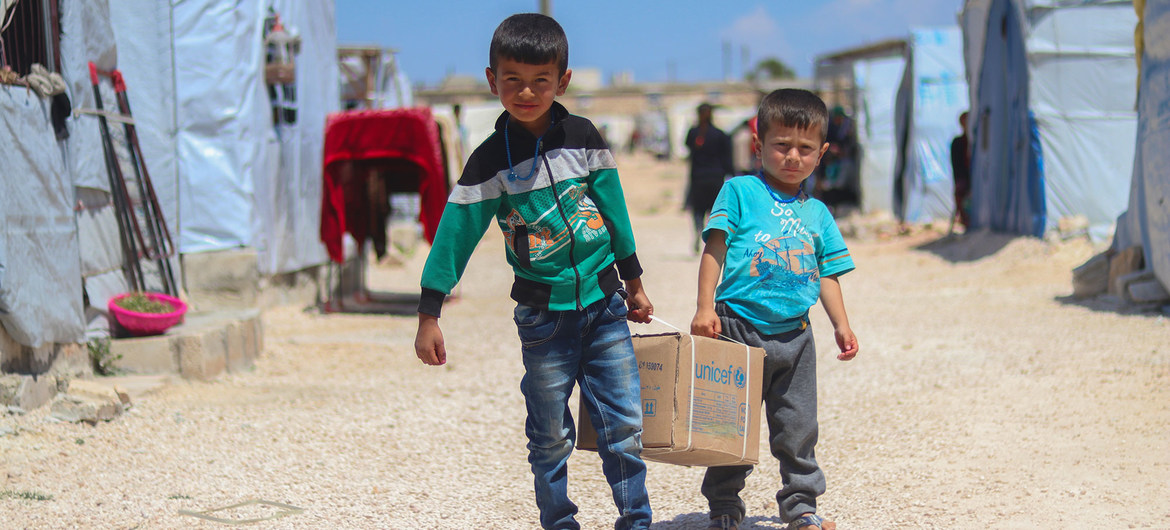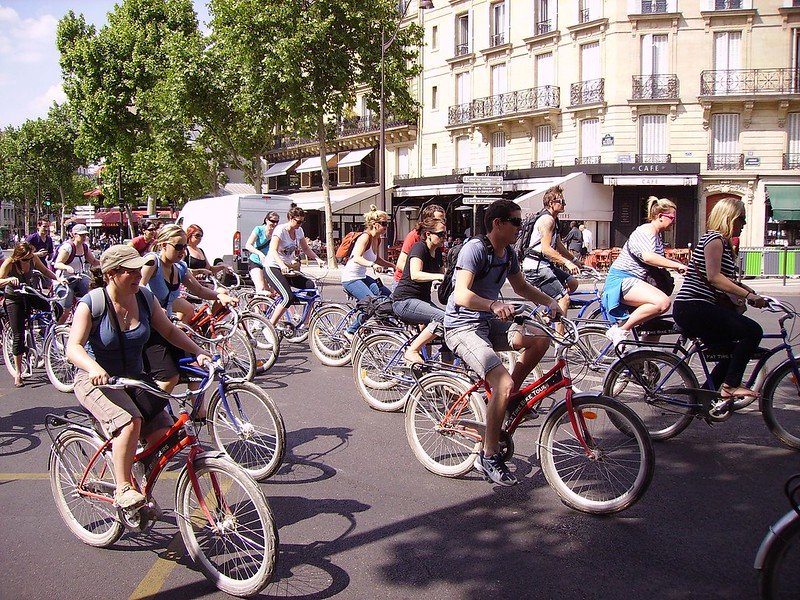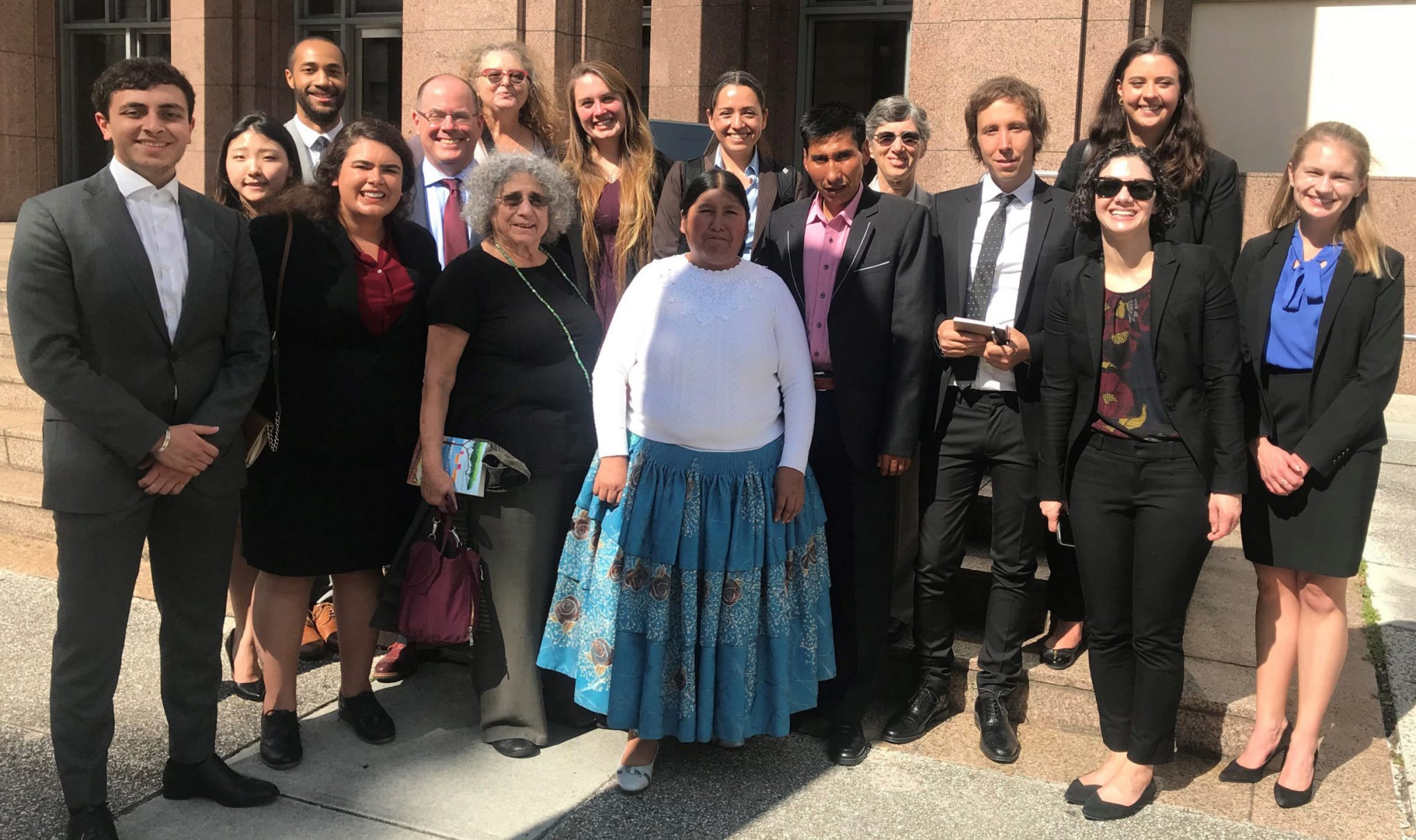
US court rules against Bolivian ex-prez in rights case
The US Court of Appeals of the Eleventh Circuit in Miami vacated a lower court judgment that had exonerated former Bolivian president Gonzalo Sánchez de Lozada and his defense minister Carlos Sánchez Berzaín of responsibility for the killing of protesters during the 2003 “Gas War.” The pair fled to exile in the United States after repression failed to put down the protests. In 2018, surviving relatives of eight killed in the repression brought suit against the two exiled leaders in a US district court under the Torture Victims Protection Act. The case, Mamani et. al v. Sánchez de Lozada, marked the first time a former head of state was brought to trial for human rights violations in a US court. The jury found the two liable under the TVPA and awarded plaintiffs $10 million in damages. But in an unusual move, Judge James I. Cohn set aside the jury verdict and entered its own judgment, holding the defendants not liable based on insufficient evidence. The Eleventh Circuit has now reversed Cohn’s ruling, and remanded the case to the district court. The lower court is instructed to weigh whether the jury verdict should be reinstated or if a new trial should be held. (Photo of plaintiffs Eloy and Etelvina Mamani, center, and legal team via Harvard Law Today)



